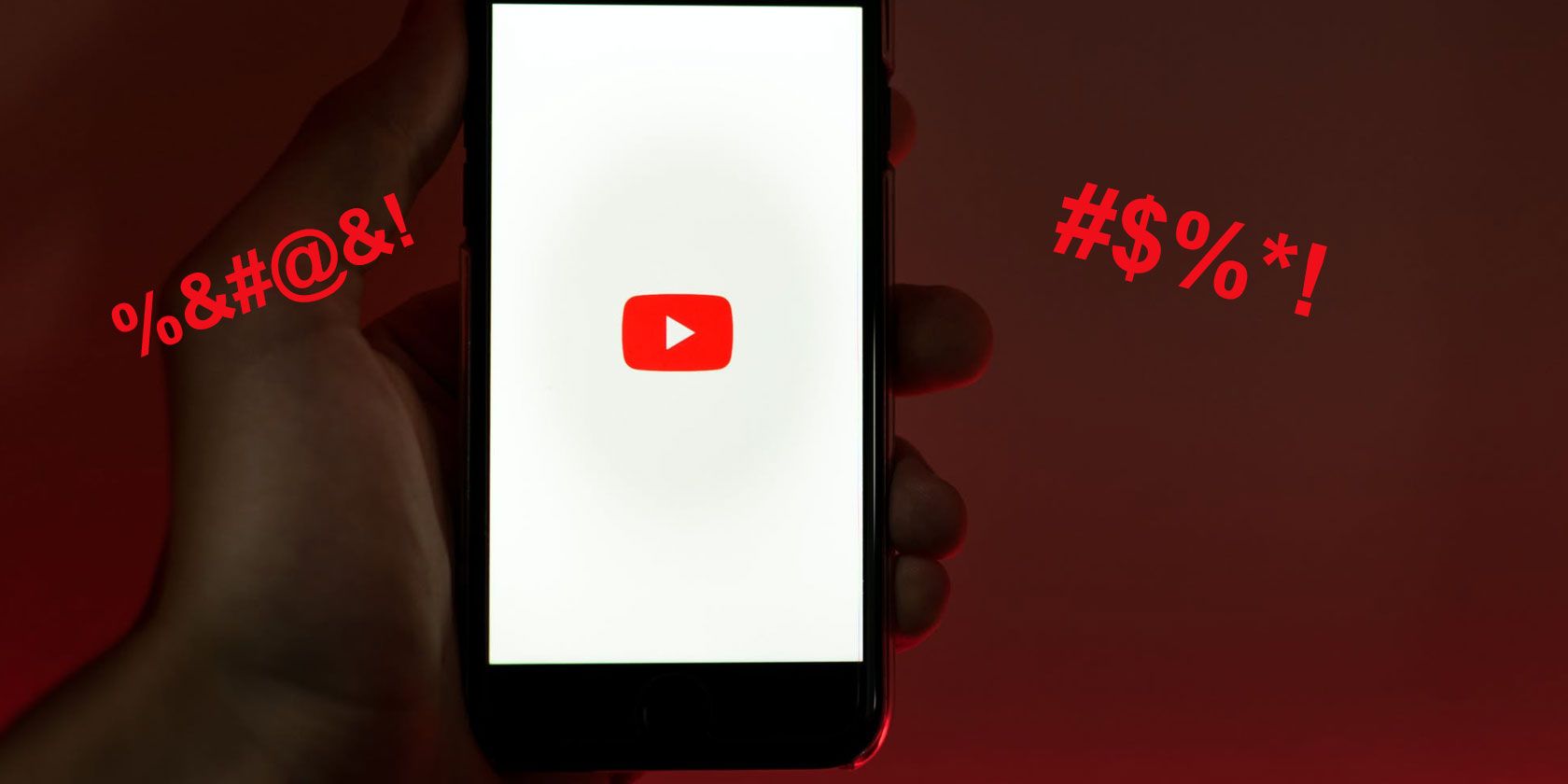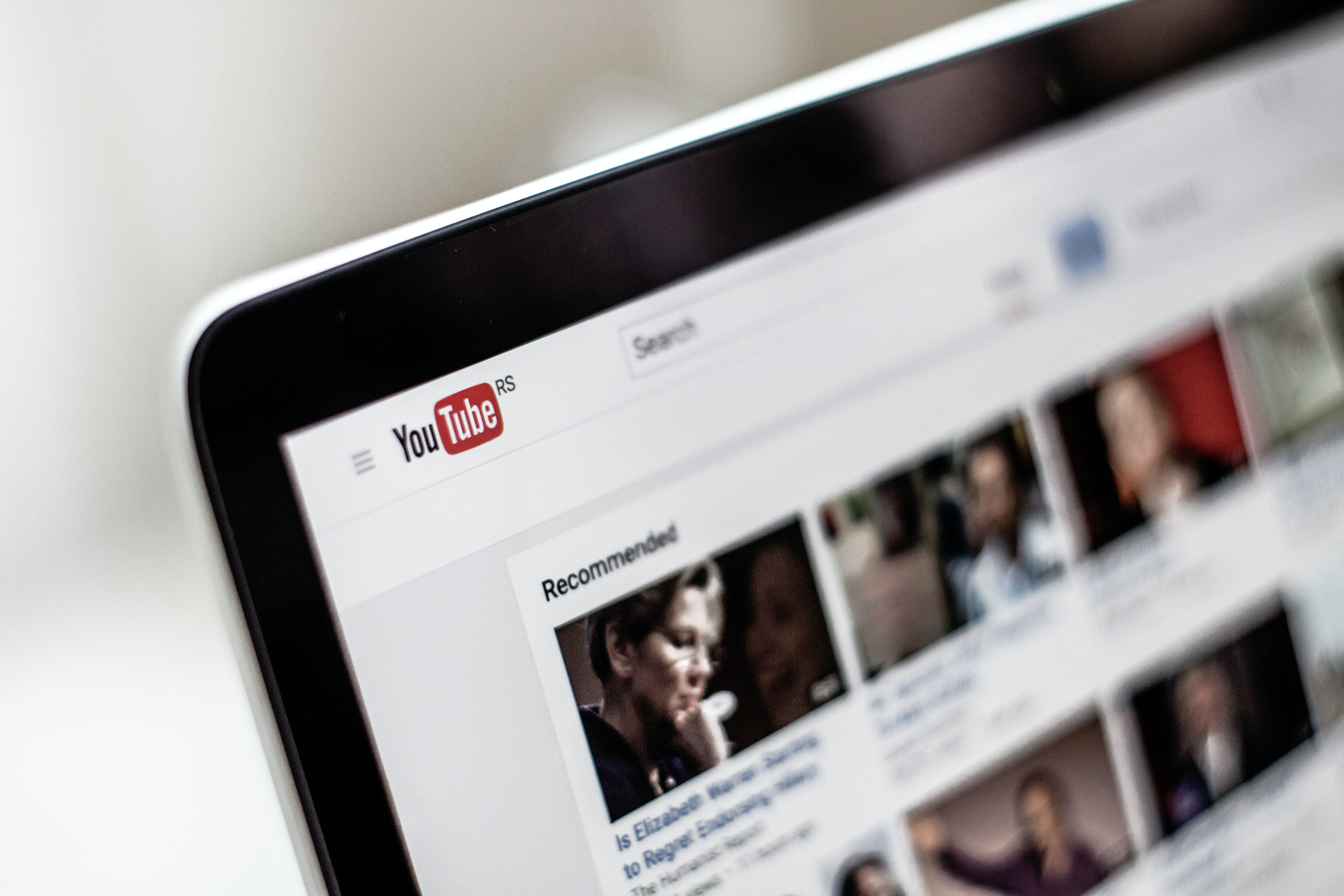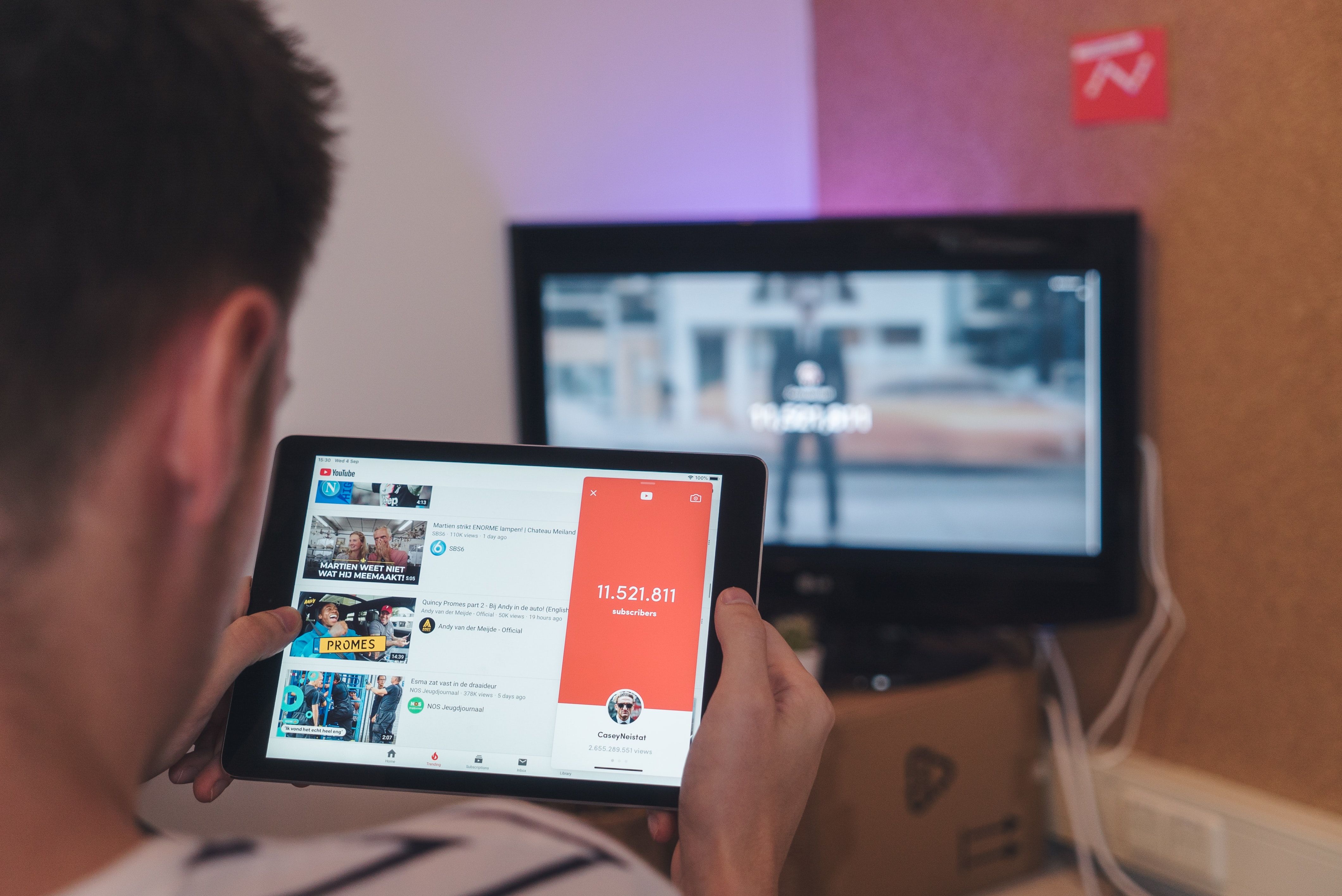YouTube is well-known for trying to keep things family-friendly when possible, enforcing strict guidelines for what is acceptable and what is not, demonetizing those who are not able to meet the standard.
Recently, the company has loosened its vice-grip on ne'er-do-wells, allowing creators to be a little bit sillier than before while still earning a living on the platform.
So, what changed, exactly? Here is a brief rundown on what Google now allows on YouTube.
A Bad Case of Guttermouth? Let It Rip
Yes, you heard that right: video content featuring the moderate use of your favorite four-letter words has officially gotten the green light that it deserves. In an update outlined on a Google Support page, Google announced that it's relaxing its demonization policies on YouTube.
Google's policy overhaul allows not only the inclusion of profanity but also content that references other sensitive areas, including recreational drugs and current events that some viewers may find to be disturbing.
Some brands may opt out of videos that push it to the limit. However, being mindful of what you say in the first 30 seconds of your video will likely be enough to earn their confidence. After all, the first 30 seconds of your video tends to be the part that advertisers care most about.
Hateful speech and slurs are best left off of the table, however, just like in every other area of life. If a loud and nasty video is all that you hope to contribute, you might be using the wrong platform.
Are There Different Rules for Monetized and Demonetized Videos?
Creators can turn off ads for some videos that may be inappropriate, avoiding the penalty of being denied and "banned" from participating in the YouTube Partner Program.
This allows them to make money off of videos that do meet the standards outlined in Google's terms of service, all while continuing to be free to create what they please outside of their professional relationship with the platform.
So, in short: yes, compliance with these conditions will spell the difference between earning revenue and being cut from the team. You, as the content creator, remain in control of the videos subject to these rules, however. With great power comes great responsibility.
What Else Is Allowed Now?
Before, explicit, extended depictions of real-life violence were generally regarded as too jarring for most viewers. Now, when part of a wider scope of discussion, partners may include relevant footage vital to a constructive message concerning current events.
Partners are now allowed to educate their audiences about tragedy as it truly exists, so long as the descriptions therein are respectful, purposeful, and included to inform. Those interested in providing context to their viewers will need a healthy sense of discretion when presenting their audience with imagery that may upset them.
YouTube still prefers that content producers avoid posting disturbing depictions of uncensored violence without an overarching message or positive call to action. Any producer worth their salt will know when they cross the line of civility.
The Freedom to Create (And to Let the Profanity Fly)
Still not sure if your latest video qualifies for monetization? Google's updated terms of service can be read in full on its support site.
While YouTube does what it can to educate users on how to create content that advertisers will endorse readily, one fact cannot be denied: sometimes, the monetary return should be put aside. We create to bring the world closer together.
This policy update allows those serving audiences hungry for more edgy content to do so without losing money. And, more importantly, to curse without inhibition when the need to do so becomes unquestionable.



